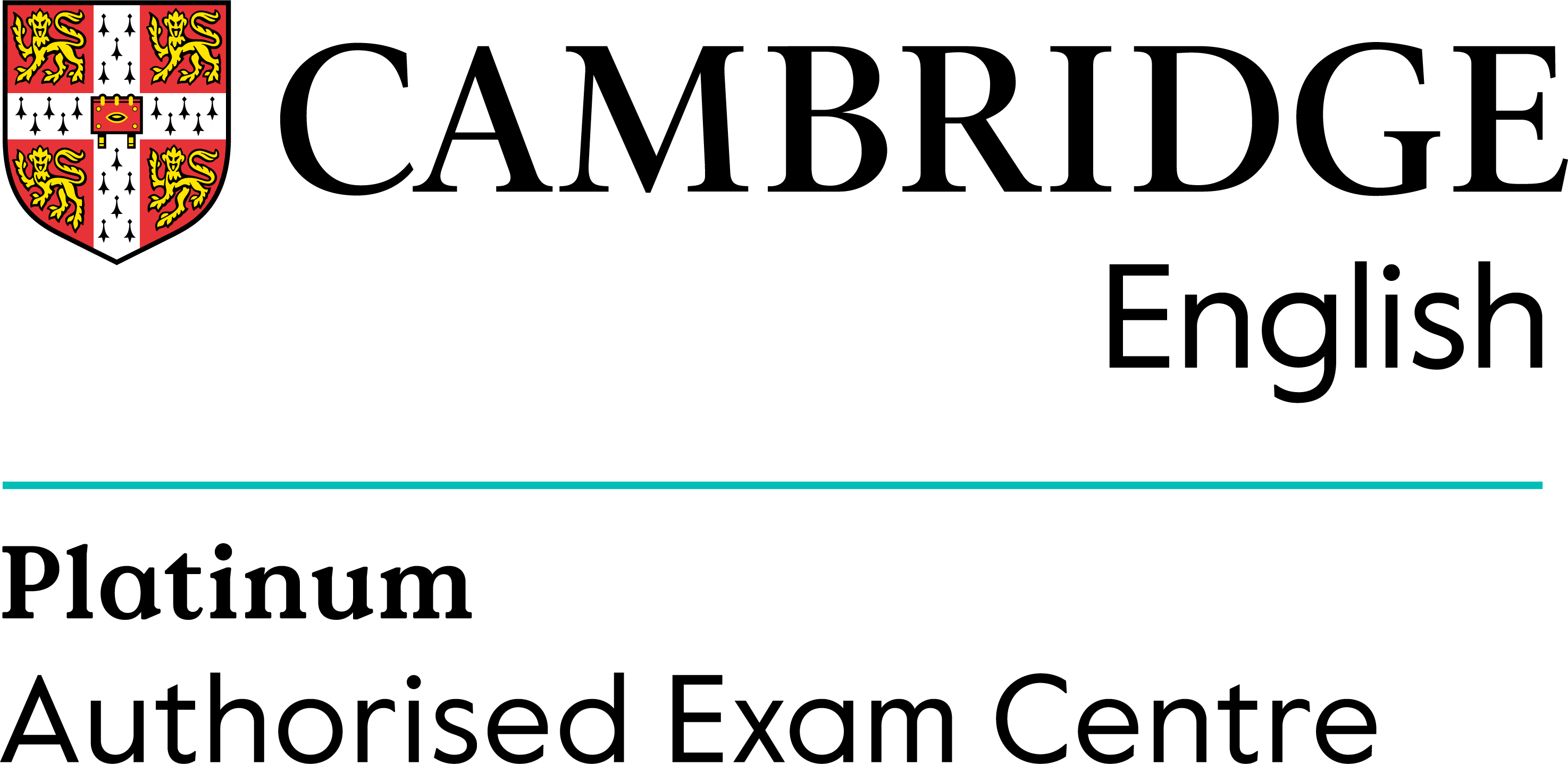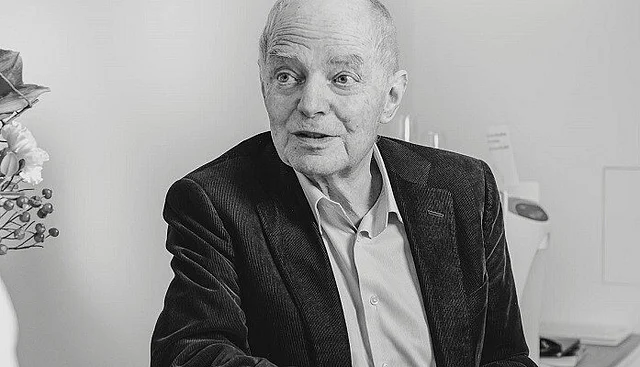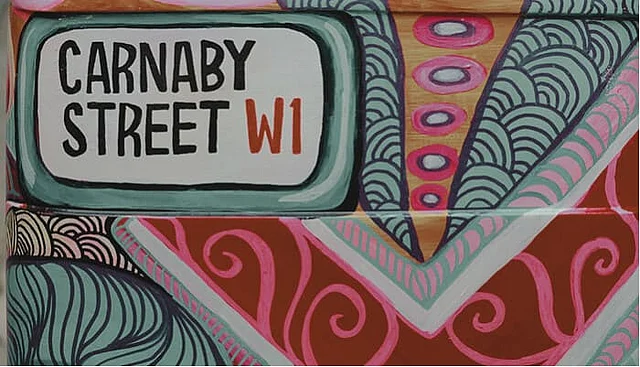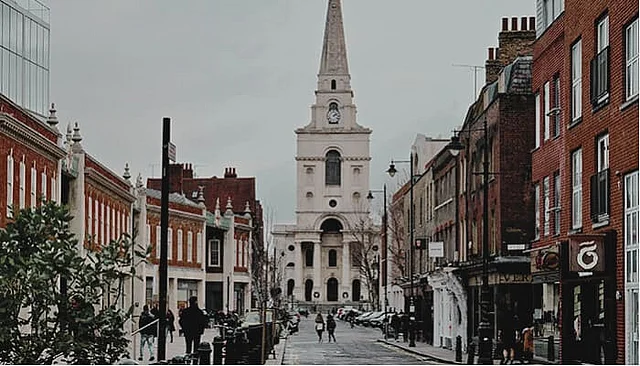

- English courses
- German Private Tuition
- Language tests & certificates
- Language & Culture
- About Us
- Book now

When you think of England, what do you think of first? Are you familiar with the terrain you're treading with the English language, or have you only seen the tourist attractions along well-trodden paths?
Learn more about England's history, human and cultural makeup and you will realize how intertwined the English language and English culture are. Over the course of ten afternoons, you will have the opportunity to gain new perspectives on England through short lectures and open dialogue with your instructor.
The Culture Talks take place at regular intervals at the Cambridge Institut in Munich and are led by Philip Moore, the founder of the Cambridge Institut. The next thematic series is in preparation and will be published soon. Contact us for more information.
Past thematic series have been devoted to diverse aspects of English culture, a selection of which you find below.

For this summer, our course leader has compiled a fortnightly series of ten 90-minute cultural talks recalling some of the past themes from the literature course between 1996 and 2018, focusing on the authors and their works in general.
The series will open with the topic ‘Oxford Writers’ from 1996/1997 on Tuesday, 17 June, at 4.15 pm. After that, there will be a new topic every other week. You will find an overview below. If you do not have time on Tuesdays, you are welcome to come to the corresponding Friday session.
The cultural talks, led by Philip Moore, founder of the Cambridge Institut, delve into the lives of the authors behind our selected books for the literature course 2023/2024. The novels chosen for this course, explore the two decades after the First World War – the 1920s and 1930s, an era characterised by domesticity, where one's home was one's castle, and one's small garden was superior to any foreign field. All of the novels are published by Persephone Books - unique in that it reprints neglected fiction and non-fiction, mostly by women writers and mostly dating from the mid-twentieth century.

For a few years in the 1960s London was the world capital of cool.
This cultural talk describes London's change from a gloomy, grey post-war capital into a shining centre of style. A transformation that was mainly due to two factors: youth and money. As Michael Caine described it: 'It was rather like being in a dancing school full of Fred Astaires'.
We shall be talking about the lives and times of women who were, in the words of Virginia Woolf's by nature explorers, revolutionists, reformers. But our surroundings were at least fifty years behind the times. They were women living restricted lives in a man's world. Women who had the audacity to defy propriety. And by doing so, they were, as often as not, deemed 'mad'.

If you love London, go, on your next visit, to a district in the East End, near Brick Lane and Liverpool Street, called Spitalfields. Its streets have witnessed waves of immigration, great prosperity and dreadful poverty. The shadow of Jack the Ripper crossed its courts and alleys. Here, in one neighbourhood, are two thousand years of English history. But go there soon - the commercial towers are spreading from the City of London, encroaching upon the historic core of Spitalfields.